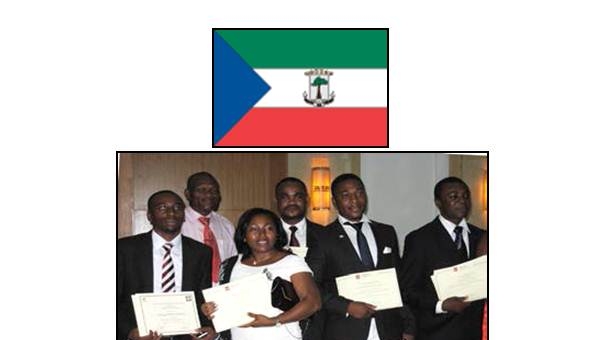Problem
Equatorial Guinea faces twin challenges: to make growth more sustainable, by developing commercially viable new activities beyond hydrocarbons and public investment; and to make it more inclusive, by creating economic opportunities and enabling Equatoguineans to seize them. To address these challenges, the government is seeking to better integrate human capital development into a successful strategy for economic diversification.
Unlocking new sources of growth requires a process of removing binding constraints that currently prevent private sector investment. In Equatorial Guinea, a human capital deficit is clearly a binding constraint, and substantial institutional challenges remain. As a consequence, risks at both macro and micro levels create disincentives for investment.
Approach
Steps are being taken to address the immediate human resources development needs. In addition, in the short and medium terms, key actions also need to include:
- Setting ambitious targets for human development, backed by sufficient resource allocation and a clear distribution of responsibilities among the agencies involved.
- Focusing on quality and measuring results rigorously in order to detect and address weaknesses in the system that may not be apparent from measuring inputs such as spending or the number of schools or activities, like enrollment.
- Ensuring that skills are relevant to the labor market for a country undergoing rapid transformation that is likely to result in substantial changes in labor demand over the coming years, by drawing on principles that can help to avoid skills mismatches, such as ensuring an active role of the private sector in defining priorities for the education system and putting in place an effective labor market information system.
- Using new social protection tools, such as conditional cash transfers, to alleviate chronic poverty and catalyze human capital development.
As a first decisive action towards addressing the human development constraint, the Government of Equatorial Guinea sought World Bank technical assistance with the signing of a Reimbursable Advisory Services Agreement covering competencies and skills in education. The activities have been defined and are being jointly implemented by the authorities and a World Bank Group team. The approach is to provide short-term courses to upgrade the skills of government, private, and autonomous enterprise officials, and prepare a longer-term sustainable solution to ensure a flow of skilled personnel and to offer lifelong learning opportunities.
Solutions
The World Bank has completed the first phase of the program with a team comprising education specialists from Central Africa and Latin and Central America, and from the Universidad Europea de Madrid in Spain. A counterpart team from Equatorial Guinea composed of representatives from the Ministry of Finance staff worked closely with the Bank team to increase the relevance of the work. The 2.5-month management course was prepared and delivered in Spanish on various topics relating to the management of public, private, and autonomous enterprises, and on public financial management.
In order to set up a sustainable skills development program in the country, the Bank is now embarking on the next phase of the services agreement to undertake knowledge exchange visits to countries that have embarked on economic diversification and human development. A team comprising World Bank staff, University of Equatorial Guinea faculty, staff from key ministries that would contribute to economic diversification, and Ministry of Public Services staff will offer recommendations following the country visits and prepare to create a Public Sector Institute for Capacity Development.
Impact
The Government of Equatorial Guinea welcomed the Bank’s technical assistance, and has requested more in-depth courses on various topics in public administration and private sector and autonomous enterprises management. The public financial management portion of the course was intended to provide Equatoguinean officials with the key elements for integrating the public finance management of the country with regional integration efforts within the Economic and Monetary Community of Central Africa. The authorities recognize the need to now move forward rapidly with the human development agenda, which is a key pillar in the government’s Economic Plan 2020, with education and training, health, and social protection now viewed as strategic priorities.

